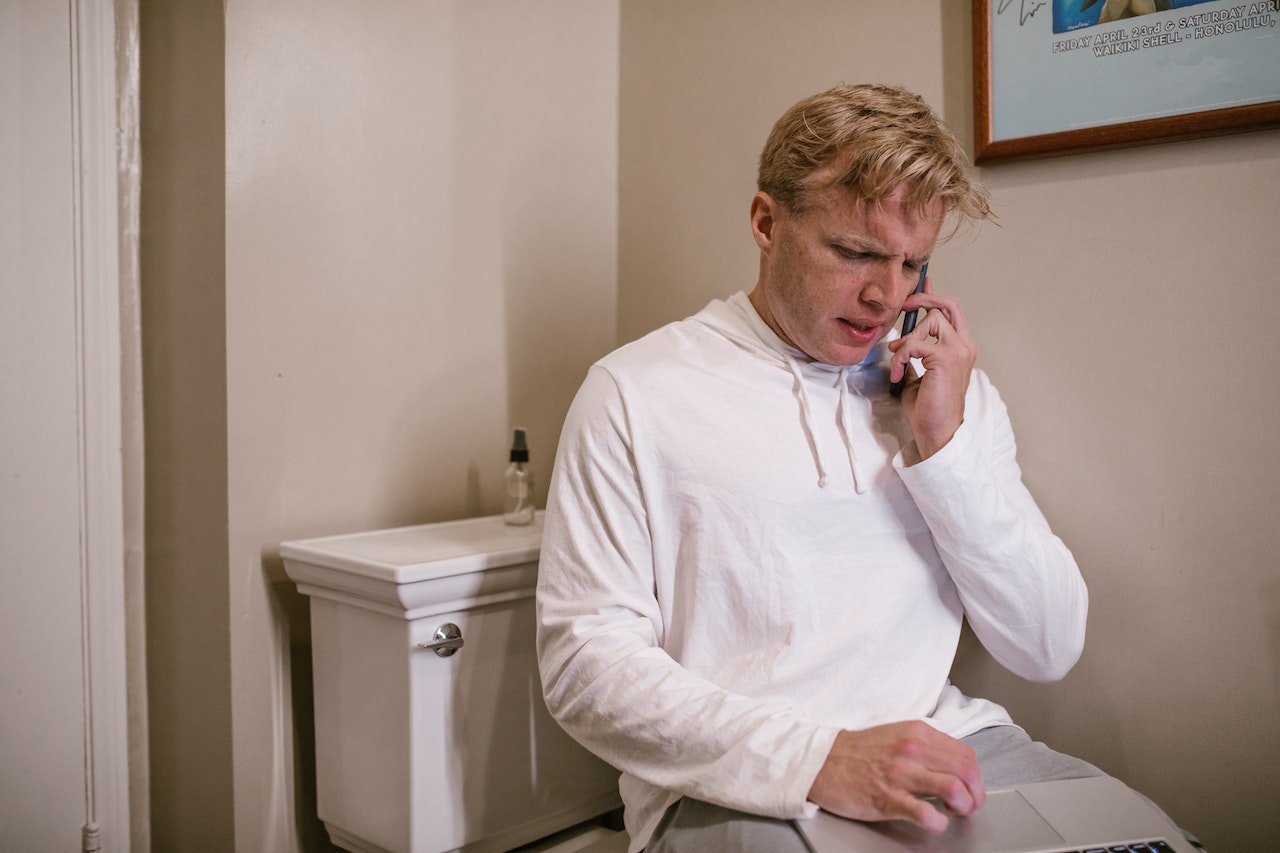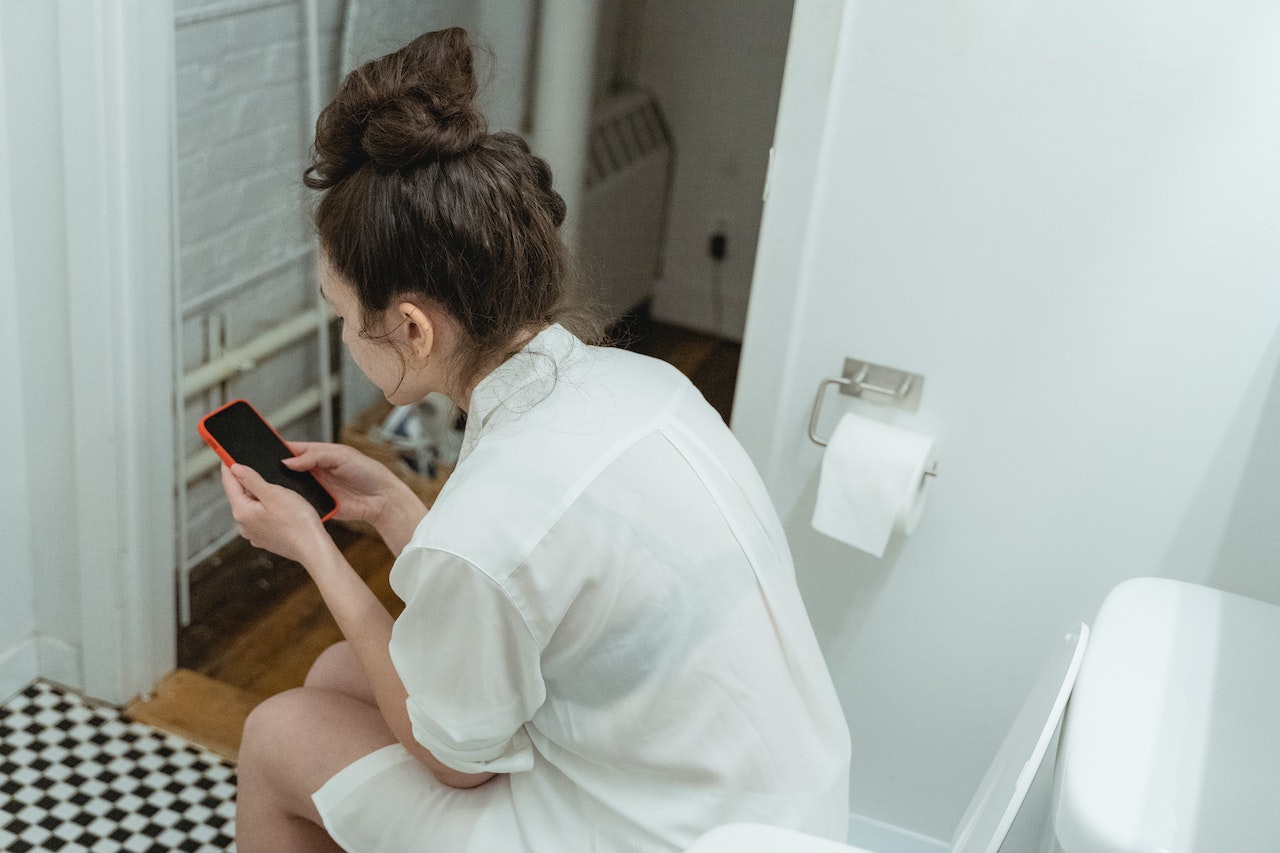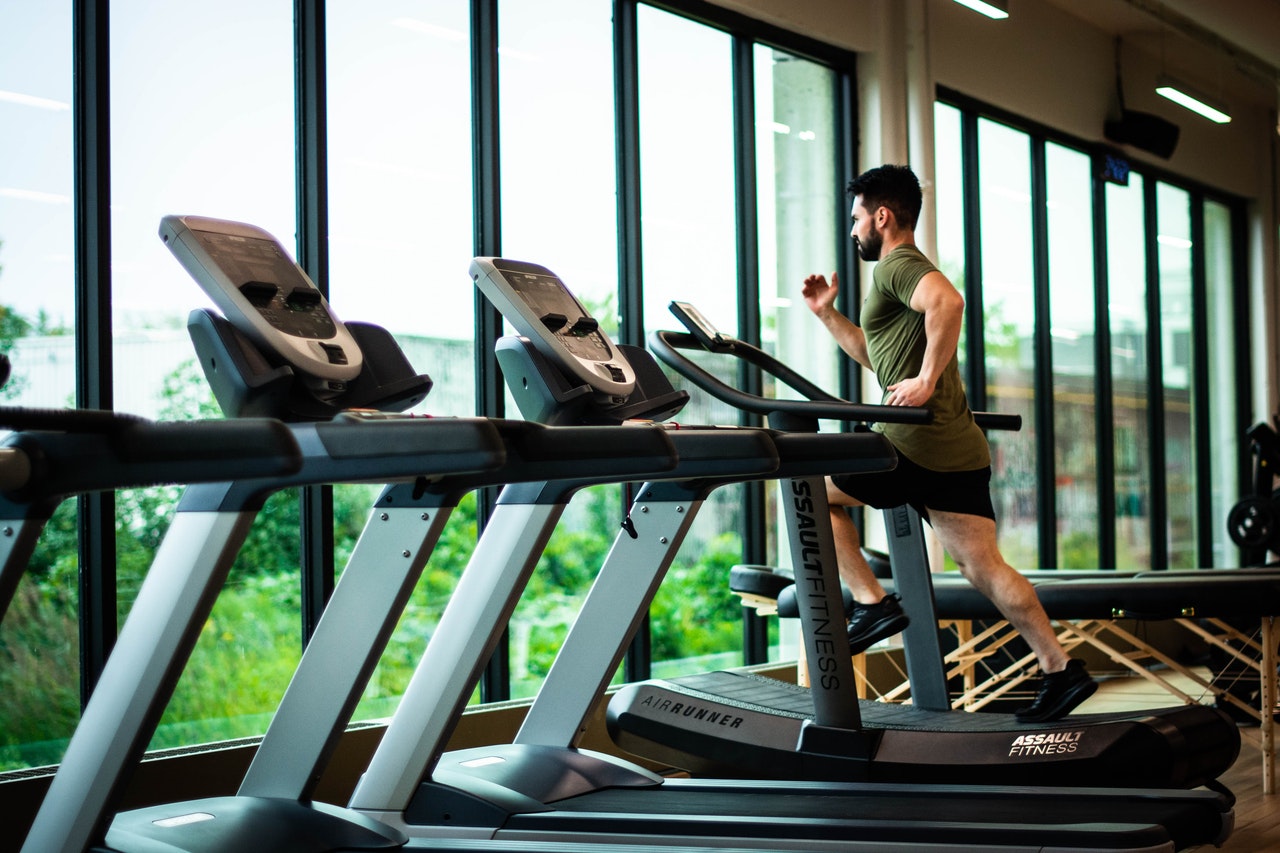While embarrassing, bladder leakage is a legitimate health issue that numerous people experience in their lives. Urinary incontinence is also inconvenient, which is why the condition must be expediently diagnosed and treated by a medical professional.
This common urinary problem has numerous causes, some of which involve major medical issues. There are also lots of effective treatments and management methods available and finding the right one is key to improving your quality of life. Here are a few points to consider if you experience bladder incontinence.
Types of Incontinence

Bladder leakage has many distinct forms, including:
- Urge Incontinence - An intense, sudden urge to urinate is accompanied by an increased frequency of urination.
- Stress Incontinence - Pressure on the bladder when lifting heavy objects, laughing, or coughing results in accidental urination.
- Overflow Incontinence - An inability to completely empty the bladder when urinating leads to leaks and increased frequency.
It's possible to experience two or more types of incontinence at once. In this case, you may be diagnosed with mixed incontinence. Incontinence can also result from a functional impairment that impacts a person's physical or mental abilities.
Common Causes of Bladder Leakage

Causes vary based on the type of incontinence you're experiencing. With temporary issues, it can result from overconsumption of caffeine or alcohol. When the condition is persistent, it may occur during pregnancy or after giving birth. Aging is another common reason why people experience bladder leakage due to menopause in women and prostate inflammation in men.
There are also a few risk factors to keep in mind. Carrying extra weight can put pressure on the bladder and weaken surrounding muscles. Women also tend to experience incontinence in greater numbers than men, particularly as they grow older. Family history also plays a role, as does medical conditions like diabetes.
How to Prevent Issues

Some instances of incontinence can be prevented depending on the underlying cause. Many menopausal women experience a weakening of the pelvic muscles as they grow older, which increases their risk of leakage. Performing specific exercises to strengthen pelvic muscles can often help women exert better control over their bladder.
Lifestyle changes can also help. If leakage is triggered by certain foods or drinks, cutting these items out of your diet can help you avoid bouts of incontinence. For example, alcohol is a common trigger for incontinence, so people who experience issues should greatly limit their intake.
A healthy diet is another key factor to improving bladder control. Maintaining a reasonable weight alleviates pressure on the bladder and reduces your risk of leakage. In this case, focus your diet on wholesome and nutritious foods and cut out processed snacks. You should also develop a fitness routine that consists of at least 30 minutes of activity every day.
Treatments for Incontinence

Most people require a mixture of lifestyle changes and medical treatments to overcome bladder issues. Doctors can recommend medications to improve bladder function by affecting the muscles that control urination. Medical devices can also be used to physically block the flow of urine during physical activities and other situations.
When other treatments are unsuccessful, surgery is the next option. Surgical mesh can be used to strengthen the muscle between the bladder and urethra and is often performed in conjunction with pelvic prolapse surgery. It's also possible to implant a device that fits around the bladder neck to control the flow of urine using a valve.
No one has to live with the inconvenience and embarrassment of bladder leakage. The right combination of treatments can provide a new lease on life, especially if the condition leaves you feeling socially alienated. The sooner you seek help, the sooner you'll feel like yourself again.







